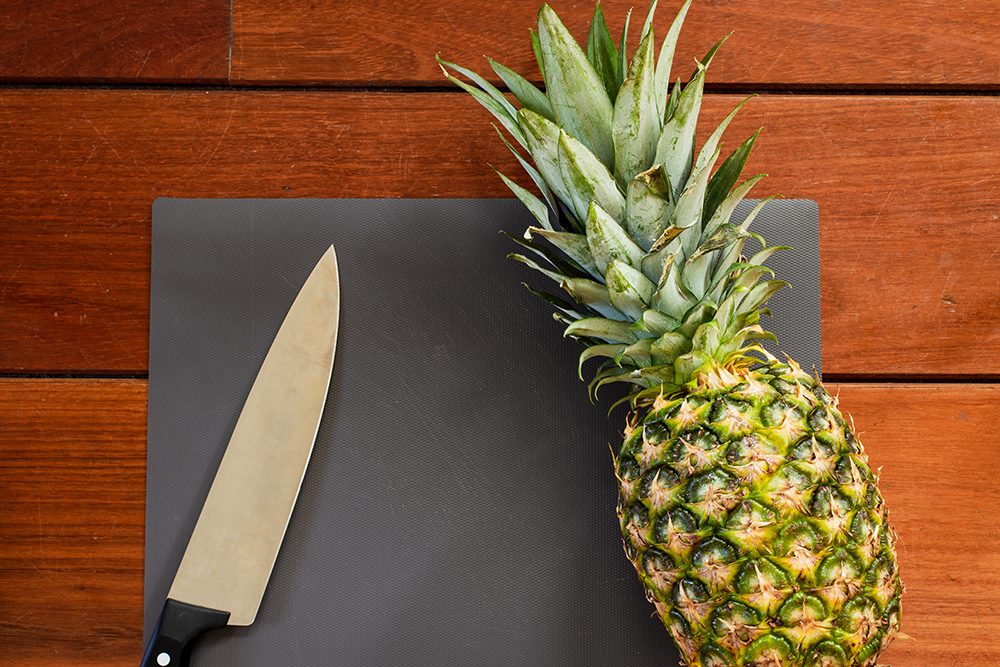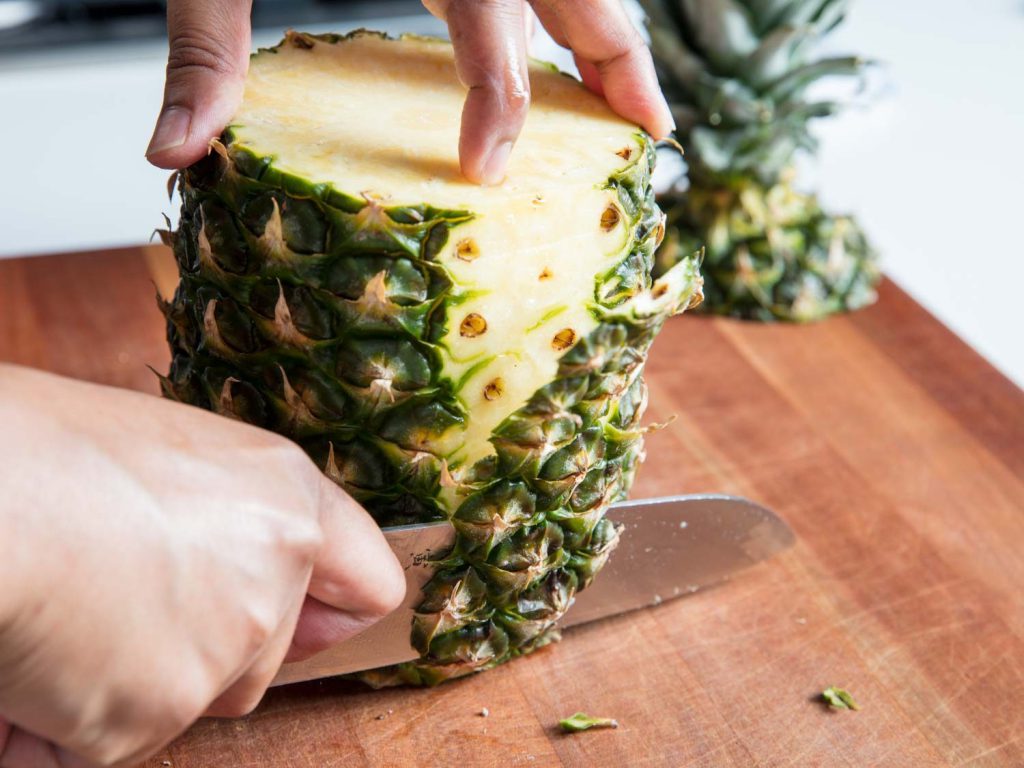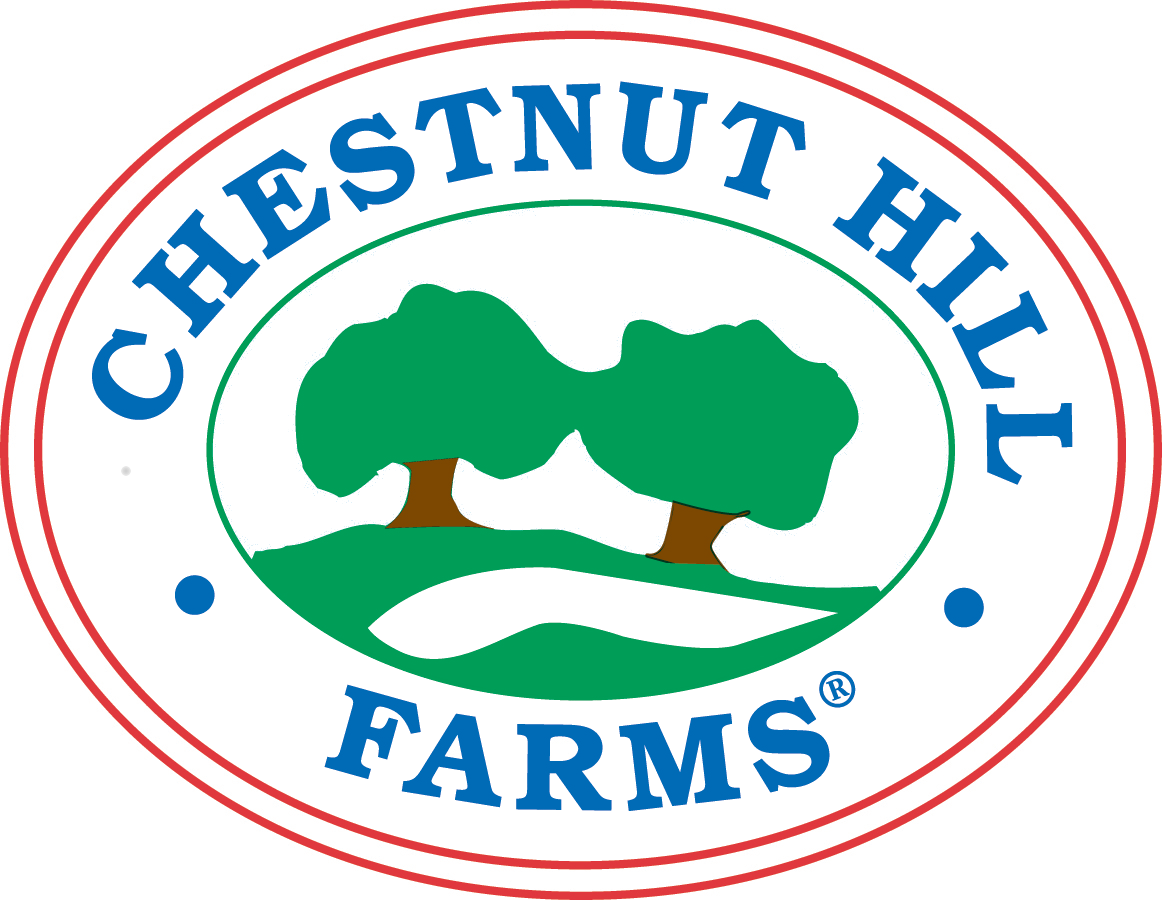
How to Make Sure Your Pineapple is Clean and Safe to Eat
Pineapple, along with other fruits and vegetables, is highly nutritious and can help keep you strong and healthy. Full of vitamin C, bromelain, and other vitamins and minerals, pineapple is a powerhouse of nutrition that some experts say can boost your immune system and help your body fight off disease.
To ensure you receive only the benefits of pineapple, it is imperative that you take steps to clean your fruit and practice food safety. We’ve partnered with our friends at Produce Marketing Association to share these four key steps of food safety, established by the U.S. FDA, which are critical to preventing foodborne illness.
Step One: Clean
When preparing fresh produce, begin with clean hands: wash your hands for at least 30 seconds with soap and warm water before and after preparation. Clean all surfaces and utensils with hot water and soap, including cutting boards and knives, before and after preparing fresh fruits and vegetables.
Step Two: Rinse
Just before use, rinse under running water only the fruits and vegetables you plan to eat. This includes those with skins or rinds that are not eaten, like pineapple. Firm-skinned fruits and vegetables should be rubbed by hand or scrubbed with a clean brush while rinsing under running tap water.
Dry your rinsed fruits and vegetables with a clean cloth or paper towel. Do not use soap or bleach to wash fresh fruits or vegetables, as these products are not intended for consumption.
Step Three: Separate
In your shopping cart and in bags at checkout, separate fresh fruit and vegetables from household chemicals and raw meat, poultry, seafood, and eggs. Keep produce separated this way in your refrigerator and when preparing food.

Step Four: Chill
Keep your refrigerator at or below 40 degrees F. Refrigerate all cut, peeled, and/or cooked fresh fruits and vegetables within two hours of preparing to prevent bacteria growth.
Chestnut Hill Farms Tip: If you aren’t able to eat all of your pineapple at once, we suggest freezing or canning to preserve it for longer.
A Note About Coronavirus
COVID-19, like other types of respiratory viruses, is not foodborne. Further, the U.S. FDA has found no evidence of food or food packaging being linked to the transmission of the virus. Eating fruits and vegetables is important to maintaining a healthy body and immune system, and some medical experts have demonstrated the association of produce like pineapple wit one or more of the body’s five health defense systems. However, as always, it is always important to practice the four key steps of food safety to prevent foodborne illness and maintain your health.
For more resources regarding food safety and COVID-19, visit the FDA’s website.
For pineapple news and updates delivered straight to your inbox, sign up for our newsletter.
